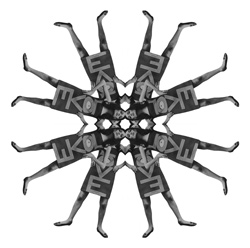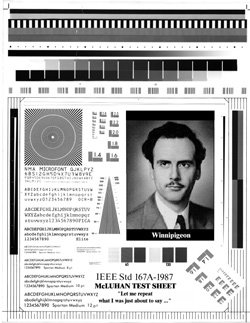
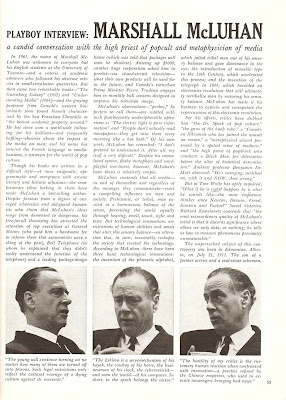
MCLUHAN Playboy interview











![et cetera : LOVE [1977]](https://blogger.googleusercontent.com/img/b/R29vZ2xl/AVvXsEgQ8s7vwLQuzHDNgqlfBacxRkEbOErToak9kmgFl0VmyIYEqS9qIzNIVcXKpzTncPhqo3TSgOyztAguIW6OlXw65aFHmpx6cRzmvCUQQMTwUGUOd0iE0GbJakEc3g3kBAJrvlZP4z3eesg/s1600/etc1977.jpg)






![MAC LUHAN [sic] : LOST IN TRANSLATION](https://blogger.googleusercontent.com/img/b/R29vZ2xl/AVvXsEg92tMqBMDA917NDivsS2ZwIirx9KTf24tOCgFFnK65p7Hw5dvqEh1e2aefCynj2UW8u-k8zwBXbjgypsCXUcv-5G7ZCsyDB13giHEjmhVISAeW-oI_JV6ePOXW_XBDPwy2nREAoqRU7Z8/s1600/MAC.jpg)

















![Les Yeux De Nadja [unpublished]](https://blogger.googleusercontent.com/img/b/R29vZ2xl/AVvXsEgrXohpIuxxYyjKoqBSQf3TpYGjnttZnjRFvmMdshadfnVKi7PMAjIqEuqYctZFXOFH2n-oH75oJx-YkaON7xvaZgVdvaK0zfSOurEmCKqmWF6qXh2F3VbqyixfGhvY4qH6LENMTs1wCIw/s1600/2xsurreal.jpg)











![PIED PIPERS [MARSH] ALL](https://blogger.googleusercontent.com/img/b/R29vZ2xl/AVvXsEhqvGIGG9lWZYhFZRVc_V8EJG2apQBsys4kNQOQsA0EV6H6Tg-SMN0sX15NXy_GzsF3xAUdcb2QlfvJk-RU-Rha-3Eu5Mnglkf5KLe6pccVqAP4VR_Gi4fGQ716QSmDe3Zna5Uwct5d2sw/s1600/piedPiperMarshALL270.png)





















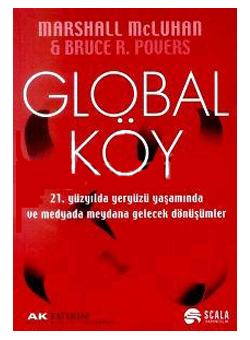




















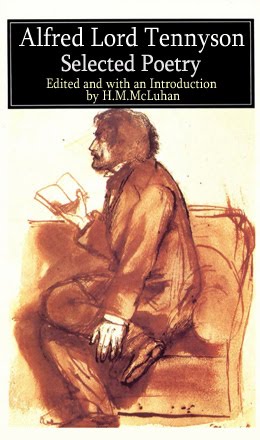

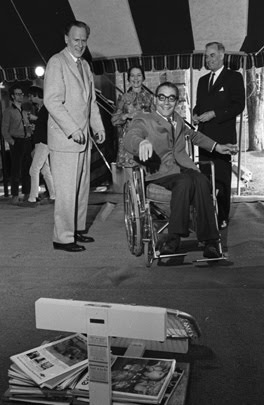






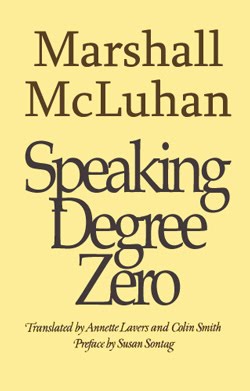




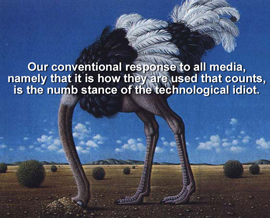
















![more Hidden ground [re:Bride] : the "flippancy" of tone seemed just "right"](https://blogger.googleusercontent.com/img/b/R29vZ2xl/AVvXsEg-hQyF9KGGhKYc73nUGmV1bStJ4fTJVh0-TL1ZtikLZEv5ppjhB3DOhFcVuzGq-kByrwtTAWgCcE173pA3UTIPe7h6xJjsPt7lRvNym007ZsdXenMDLNimKcwtaTOqkGleoxmXOeCKtxXL/s1600-r/LEAVISLEWIS.png)












![BABA WAWA [TODAY SHOW, Toronto City Hall 1970]](https://blogger.googleusercontent.com/img/b/R29vZ2xl/AVvXsEjTZAIFkA07K36WGk951vmZnLPU99fOdNzlvVhyphenhyphenhKZEKu2n2AW5EA1CDZGaTk0aYRXUv7IOXG39igaikoE6SWm8j7QIG96wYRE54oBXwvlaNCJzp15vdkrcqR97IMMny-8sHjM-VDotTOaY/s1600-r/babaWawa.jpg)

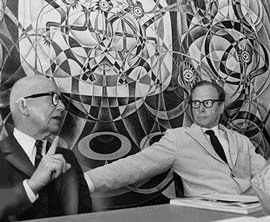

![enter the dragon : "typhon in america" [unpublished]](https://blogger.googleusercontent.com/img/b/R29vZ2xl/AVvXsEjdCnZdJ6JbaLc6hyUmUJo5UJ0m8WZSj_afYU9oRlHKIUgAIfcy2EPHNAptSRYEAmpOf0Xaa0B8iMgOTF302lY0Xmbyne0hvrdRyNo-t0Q-PPdzqX39uI3T5x5FppRPaQf9sSaXytrOpWVN/s1600-r/TIA.jpg)



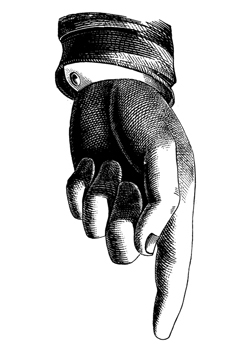

















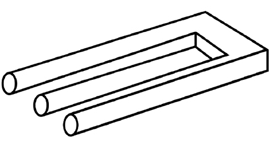









![Take Today [1972] : "the consumer becomes a producer..."](https://blogger.googleusercontent.com/img/b/R29vZ2xl/AVvXsEhA53bdVdTaXdQo1fDmrsI8oiAwF-3jampcanOq8uk3QMh8_ImkNsTiKd4-RnZY8Vbwqh1fymJiyCl1CSLcSonXHQM6XbnJYQi_Vu89gbAV4jVq73EtlbM3w6CthyphenhyphenV_pHEjE6eu_VhC489u/s1600-r/PROSUMER.jpg)




































Literally, Understanding Media is a kit of tools for analysis and perception. It is to begin an operation of discovery. It is not the completed work of discovery. It is intended for practical use. Most of my work in the media is like that of a safecracker. In the beginning I don’t know what’s inside. I just set myself down in front of the problem and begin to work. I grope, I probe, I listen, I test — until the tumblers fall and I’m in. That’s the way I work with all these media.
I’m perfectly prepared to scrap any statement I ever made about any subject once I find that it isn’t getting me into the problem. I have no devotion to any of my probes as if they were sacred opinions. I have no proprietary interest in my ideas and no pride of authorship as such. You have to push any idea to an extreme, you have to probe. Exaggeration, in the sense of hyperbole, is a major artistic device in all modes of art. No painter, no musician ever did anything without extreme exaggeration of a form or a mode, until he had exaggerated those qualities that interested him.
- McLuhan Hot + Cool, Stearn, 1967: 58, 62-63

























Stan Lee : " DON’T WRITE DOWN TO YOUR READERS! It is common knowledge that a large portion of comic magazine readers are adults, and the rest of the readers who may be kids are pretty sharp characters. They are used to seeing movies and listening to radio shows… a great deal of thought goes into every story; and there are plenty of gimmicks, sub-plots, human interest angles…. "






















![mars[HAL]9000 : " Tomorrow is our permanent address."](https://blogger.googleusercontent.com/img/b/R29vZ2xl/AVvXsEhmblupqmUiuV3GbyayJiDRGEO63TEgwjHi-i8b0kVYDvXrKFWTCyl-e21la4QJXC4nDFDzx51Omi6fYPLJcqRHFoP6zSsL0CVZF98eMf6mxCE2WDfvMmT4q9G3X45-P0IYGDmliE0fCR3C/s1600-r/marsHAL9000_250.jpg)







All situations are composed of an area of attention [figure] and a very much larger (subliminal) area of inattention [ground] ….Figures rise out of, and recede back into, ground….for example, at a lecture, the attention will shift from the speaker’s words to his gestures, to the hum of the lighting or street sounds, or to the feel of the chair or a memory or association or smell, each new figure alternatively displaces the others into ground…The ground of any technology is both the situation that gives rise to it as well as the whole environment (medium) of services and disservices that the technology brings with it. These are side effects and impose themselves willy-nilly as a new form of culture.




















































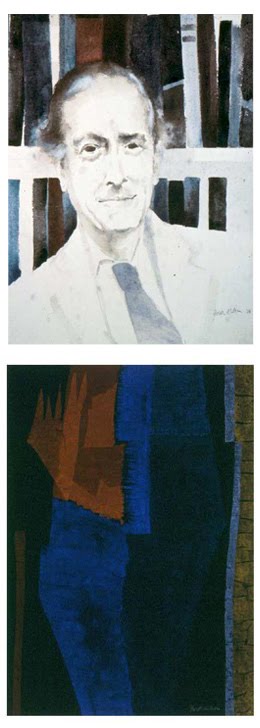













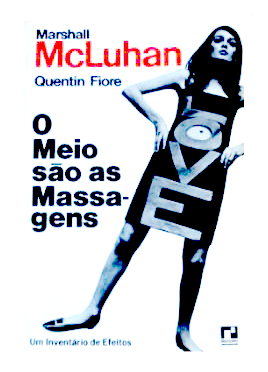































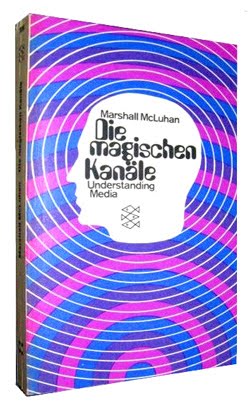
























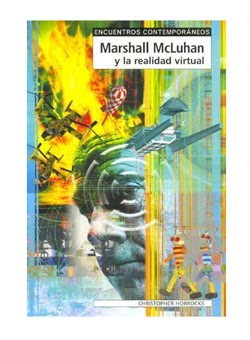




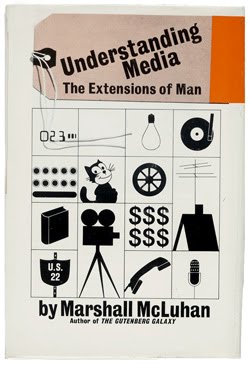
















































![Lucifer [from Latin] <br>meaning "light-bearer"](https://blogger.googleusercontent.com/img/b/R29vZ2xl/AVvXsEhq-2kZZOfh-Syv1Ewa0Ns2O6ZeP59pcsJp9ihhKcXCaovYZO_cKxffC5iSKOXFHr6E1jiHc6zedt1U6I95831RgpVdm3qk8-9C3y1yPyrCiQe4jgx-DsbeHnjKnw9t6Qx3ZM5TSYxiPj5H/s1600-r/lucifer.png)













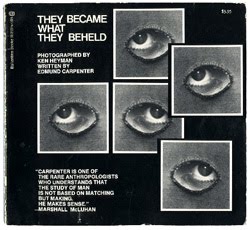




































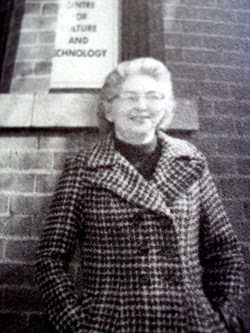















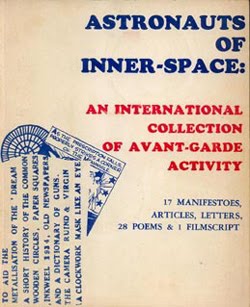






















"Don't tell me what's in the books. I've read them. Tell me what you've learned that you didn't already know.Then, we may both learn something new."




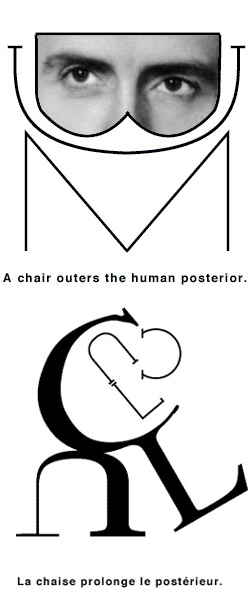






































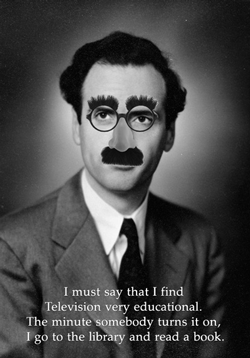



















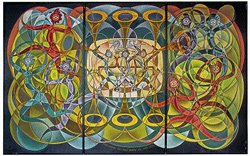








But I've never presented such explorations as revealed truth. As an investigator, I have no fixed point of view, no commitment to any theory -- my own or anyone else's. As a matter of fact, I'm completely ready to junk any statement I've ever made about any subject if events don't bear me out, or if I discover it isn't contributing to an understanding of the problem. The better part of my work on media is actually somewhat like a safe-cracker's. I don't know what's inside; maybe it's nothing. I just sit down and start to work. I grope, I listen, I test, I accept and discard; I try out different sequences -- until the tumblers fall and the doors spring open.
